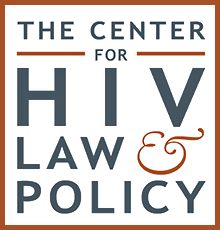Overview
Puerto Rico does not have any laws explicitly criminalising HIV ‘exposure’, non-disclosure, or transmission, and we are not aware of any cases where general criminal laws were applied.
Health laws permit officials to order examination and testing of people suspected of having communicable diseases, including HIV. HIV testing may also be imposed by judges following convictions for certain sexual offences. Violation of any of these health regulations can result in imprisonment for up to six months and/or a fine.
In 2004 the American Civil Liberties Union (ACLU) reported that the Puerto Rico Health Department proposed new health regulations which would require, among other things, people living with HIV to disclose the names of their sexual partners to authorities. Under this proposal, failure to comply would result in a fine. Following significant backlash, including testimony by the ACLU at an administrative hearing, this proposal appeared to be dropped.
For a detailed analysis of HIV criminalisation in the United States, see the Center for HIV Law and Policy report, HIV Criminalisation in the United States: a Sourcebook on State and Federal HIV Criminal Law and Practice.
Further resources
For a comprehensive overview and analysis of HIV-related laws and policies in Puerto Rico, visit The Center for HIV Law and Policy
